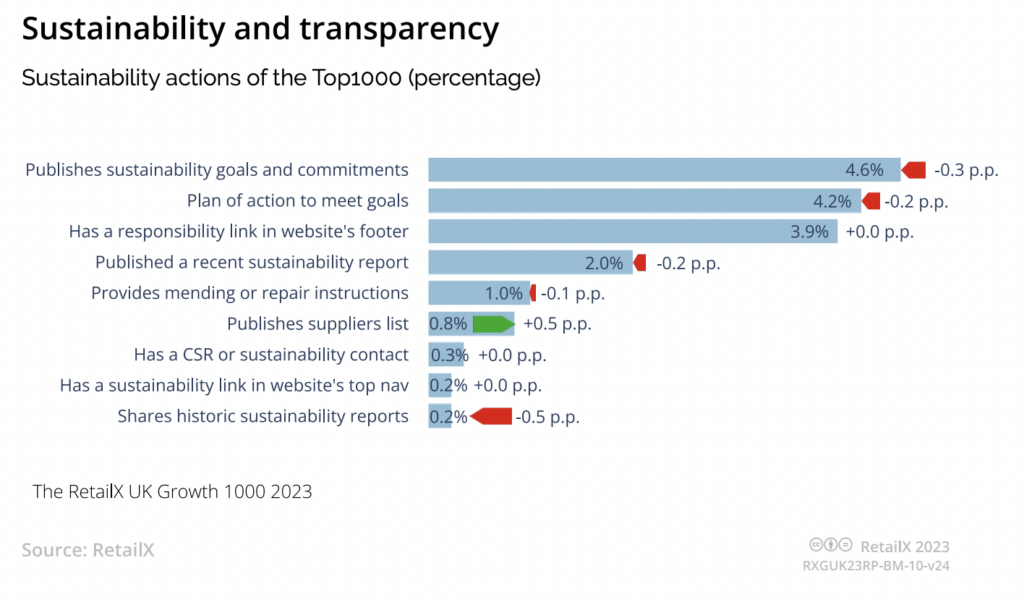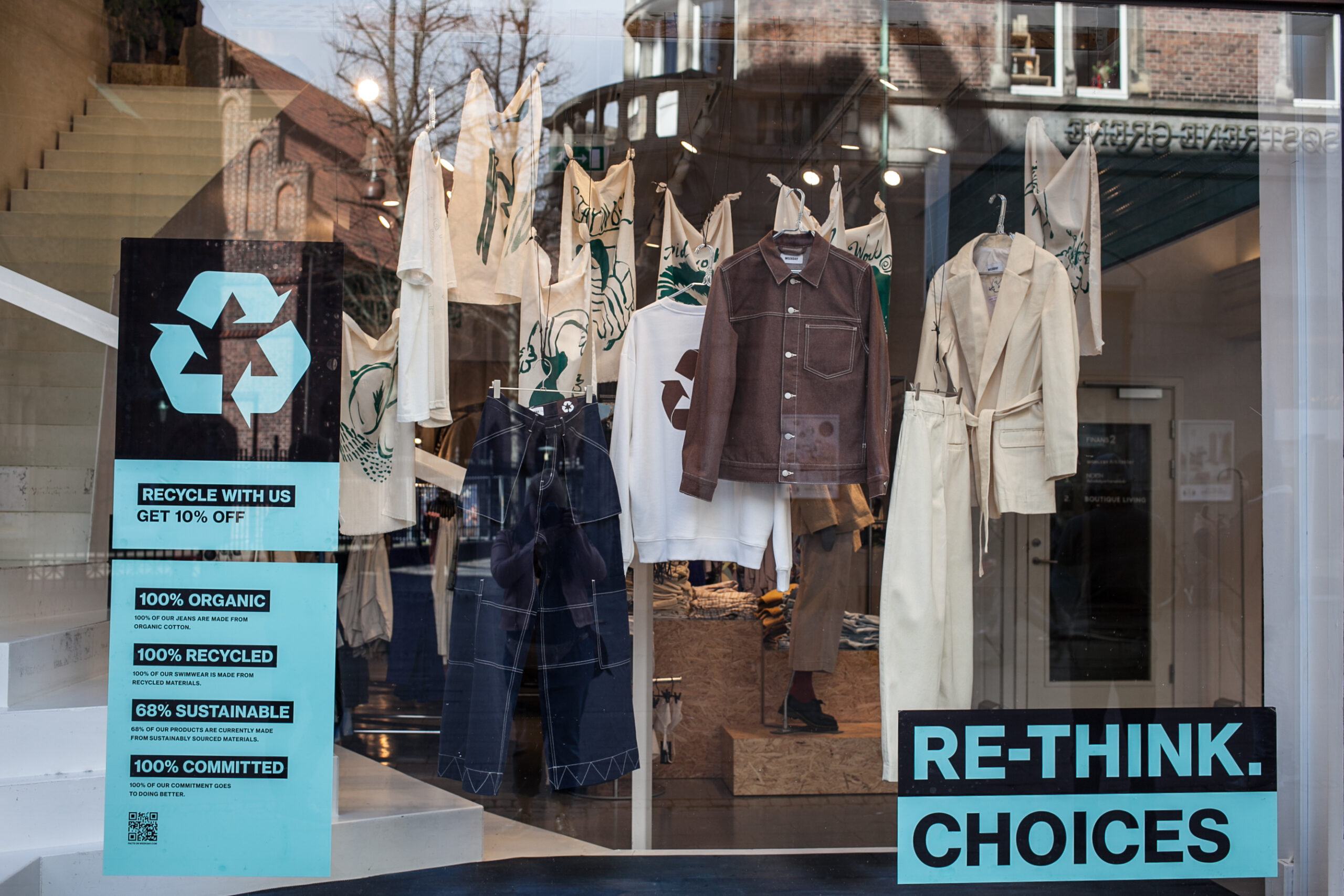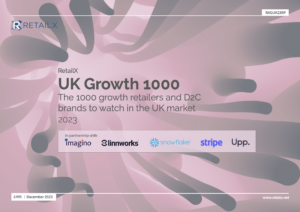As 2030 deadlines come into sight, including the UN agenda for sustainable development and net zero targets, RetailX research this year focuses on the importance of sustainability within retail.
To invest in selling sustainably is not only to invest for the future of the business but also to invest in the wider environment in which the business trades and to meet customer expectations. RetailX’s ConsumerX research suggests that two-thirds of UK shoppers consider the ecological impact of the product they buy, while a similar proportion want retailers to behave sustainably.
RetailX research suggests, however, that relatively few of the medium-sized retailers and brands that dominate the Growth 1000 index measure up to these expectations, with some even cutting back their work in this area over the last year. This may reflect increasing costs as a result of inflation and the wider challenging economy, resulting in a wider shift away from prioritising the environment at a time when the cost of living has risen in importance.
As the graphic shows, RetailX research suggests that retail businesses are most likely – out of the options provided – to publish their sustainability goals and commitments – although this has reduced by 0.3 percentage points to 4.6% over the last year. There has also been a small reduction (-0.2%) in the proportion that set out a plan of action to meet their climate goals, down to 4.2%. Businesses have become less likely to publish a sustainability report, or to provide mending or repair instructions for the products they sell.

The only area in which an increase has been seen is the businesses that publish a list of their suppliers. However, very few take actions such as posting a contact for corporate social responsibility or sustainability actions, linking to sustainability information in its navigation, or sharing historical sustainability reports. Where retailers do report in this way, they can really stand out from the crowd. This is likely to be an area in which retailers invest more in order to meet growing customer expectations in the future, especially if calls to do so gain urgency over the next few years.
Fashion retailers are ahead on many sustainability measures, although even here, relatively few are taking serious steps. Fashion brands, retailers and marketplaces are the most likely to publish a code of conduct for suppliers, with 11% doing so.
They are also most likely to have a CSR or sustainability point of contact or team (6%), outline sustainability goals and commitments (6%), make the previous year’s sustainability reports available to download (4%) and publicly provide a list of their suppliers (3%).
Consumer electronics retailers are the most likely to offer a recycling scheme (26%) – in keeping with the demands of EU and UK WEEE (waste electrical and electronic equipment) regulations – but the least likely to offer a renting scheme (2%).
Sports and leisure retailers are the most likely to offer a product mending and repair scheme (14%) and to publish a plan of action to achieve their sustainability goals and commitments (6%), although the numbers remain low.
How KitchenAid approaches sustainability
Kitchen appliance brand KitchenAid – known particularly for its stand mixers – is among the 26% of Growth 1000 consumer electronics retailers that offer a recycling scheme, in line with UK regulations that require distributors of electrical equipment to give customers buying new items the opportunity to recycle their old items. It offers this through two services – collecting the old product when the new one is delivered or accepting old products for recycling at its outlet stores when shoppers buy a new appliance there.
The retailer also offers repairs and problem solving advice on issues that might affect a range of products. Health checks, designed to extend the lives of stand mixers, are available when customers extend their guarantee on the machine. The brand says on its website: “KitchenAid cares about consumers and the environment, which is why we make durable products that can last for generations.” The health check, it says, is designed to “maximise” their “durability”.
This feature was authored by Chloe Rigby and originally appeared in the RetailX UK Growth 1000 (G1K) 2023 report. Download the full report which features the latest RetailX/ConsumerX research into UK shopper expectations – in areas from fulfilment to subscriptions, from loyalty to sustainability and more.
It illustrates how customers are constantly looking for ways to shop smarter – and even as they look for competitive prices, they also expect to buy in ways that are convenient for them.










